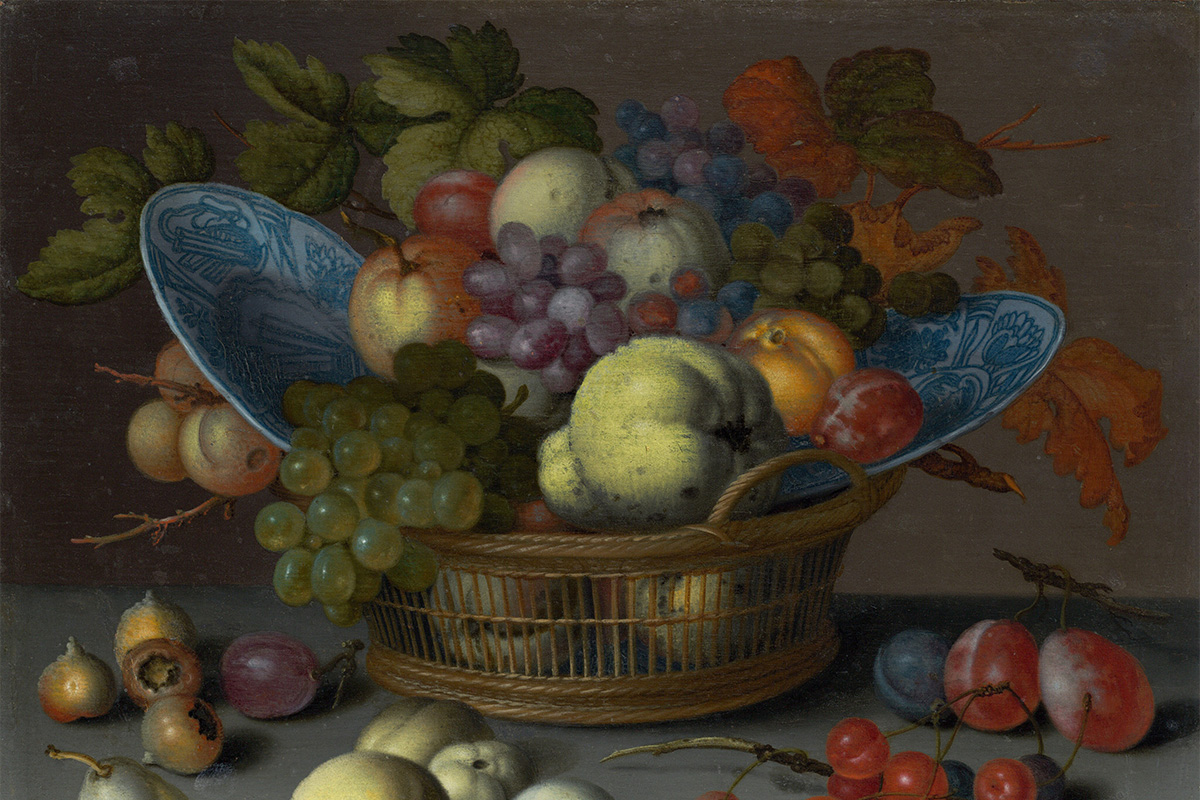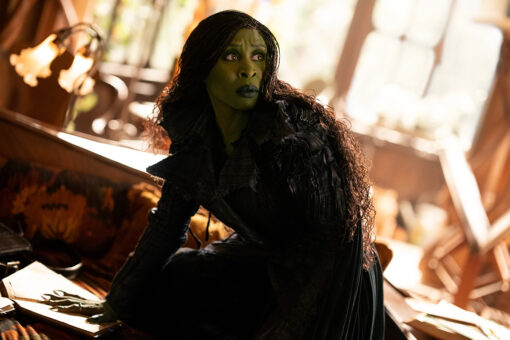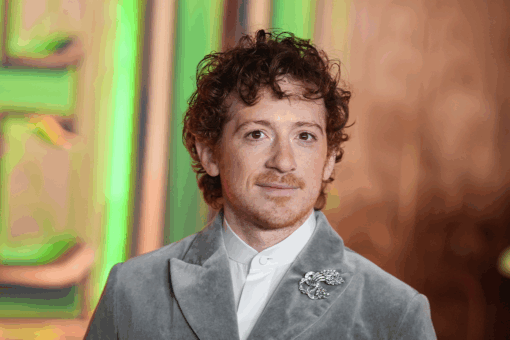When it comes to Judaism, one of the most hard-hitting commands is to “Be fruitful and multiply,” often interpreted as marrying, reproducing and creating nuclear families.
However, as a queer person on the aro-ace spectrum who is currently ambivalent about becoming pregnant and/or raising children, this command and the way it is taken within our society feels like an indictment and condemnation of who I am.
As a uterus-carrying Jewish person, I know I’m not the first to be pressured (whether directly or indirectly) to have children to carry on a “Jewish legacy.” In any community, babies are often seen as a blessing for continuing and preserving ancestral traditions and bloodlines, and for many people, including those in the Jewish community, that is certainly true. Yet for the Jewish community, there seems to be an additional pressure to have children to make up for the losses suffered during the Holocaust, a historical trauma that still has ramifications for generations today.
But what does this mindset say about someone like me for whom child-bearing heterosexual/allosexual partnership might not be the ideal, or even the most comfortable, situation? What does it say about our language that the word “golem” has the additional baggage of referring to a woman who hasn’t had children as an “incomplete human being?” What does it mean that womanhood or humanity in general is denied based on sexist conceptions of what feminine bodies “should” do? Where does this concept leave trans women or non-binary people who don’t have the equipment to get pregnant, cis women who do want to be pregnant but can’t due to fertility issues, disabled folks for whom pregnancy can be complicated? And what about the fact that even the most wanted pregnancy, especially in our current politically-heated times where Choice is seen and debated over like a platform issue and not as a human right, can be life-threatening?
I sometimes find myself wondering: If I am not fruitful, and I do not multiply, what will my Jewish legacy be? But within Jewish tradition, I have also found room for variation.
For those who may struggle with the same questions I do, I want to share a translation of the Babylonian Talmud, Yevamot 63b by Rabbi Steve Greenberg:
“It is taught: Rabbi Eliezer says: Anyone who does not engage in producing children, it is as if he spills blood. As it is said: ‘He who spills the blood of Adam, by Adam shall his blood be spilt,’ and later it says, ‘So then, be fruitful and multiply.’ Rabbi Jacob said: It is as if he diminishes the image of God [in the world]. As it says: “for in the image of God did he make the Adam”… and afterward… “So then, be fruitful and multiply.” Ben Azzai said: It is as if he both spills blood and diminishes the image of God, since it says [after both phrases], ‘So then, be fruitful and multiply.’ They said to Ben Azzai: There are those who learn well and fulfill well, those who fulfill well but do not learn so well, [it appears that] you learn well but do not fulfill very well. Ben Azzai said to them: What shall I do? My soul lusts for Torah and likely the world will be sustained by others.”
Upon first reading those words, my ace self simply loved the idea of a person “lusting” for knowledge instead of people (which many asexual folx often do) and didn’t think much further. Yet, upon re-reading this passage, I find the idea of a rabbinic sage explicitly expressing their discomfort with the “fruitful” command and saying that there are others who would and could willingly carry out the command instead of him extremely validating.
In these words, I’ve found ancient affirmation of a fundamental belief and desire for personal autonomy. For Ben Azzai, “being fruitful” did not necessarily mean “spilling seeds” but rather expanding on the Jewish world through his love for Jewish scholarship.
His words imply the reality that there are multiple ways of “being fruitful.” I hope that sentiment will provide solace to others who share my pain over that particular commandment. Though he’s far from the only one to support the idea that there are many ways to leave a Jewish legacy — another one of my favorite examples comes from Tracee Ellis Ross, a childfree actress of Black and Jewish descent, who has gone on record affirming the gifts of those who’ve “mothered the world” in many ways beyond bearing children — his are the most ancient words I’ve found to support expansive ideas of Jewish legacy. And for that, I am grateful.



